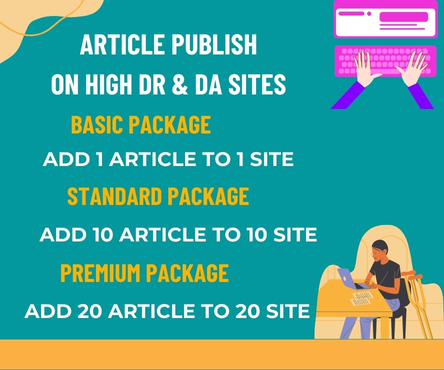Introduction
Our daily lives have been completely changed by the internet, which has revolutionised the way we work, communicate, and access information. Smart online software is powering this shift invisibly, giving users intuitive and smooth experiences. The idea of smart web software, its advantages, and how it is transforming user experiences across multiple industries will all be covered in this article. For more details leasing software anbieter
Smart Web Software: What Is It?
Smart online software describes a new class of web apps that improve user interactions and overall functioning by utilising cutting-edge technology like artificial intelligence (AI), machine learning, data analytics, and the Internet of Things (IoT). These cutting-edge technologies are used by these programmes to continuously improve their functionality by learning from user behaviour and preferences.
The advantages of smart web software
- Personalization: The ability to provide personalised experiences is one of the primary benefits of smart web software. These programmes allow for the customization of content, goods, and services to meet specific user requirements by analysing user data, including browsing history, location, and preferences. In addition to improving customer satisfaction, this personalised strategy also increases engagement and conversion rates.
- Improved User Experience: Intelligent web software puts the user experience first. These programmes offer a smooth and engaging experience for users with features like real-time updates, interactive aspects, and user-friendly interfaces, enticing them to stay longer and return more frequently.
- Enhanced productivity: Automating procedures and tasks with the help of clever algorithms allows smart web software to boost productivity for both consumers and enterprises. The time and resources saved by these apps, which range from automated customer service to data-driven decision-making, increase productivity.
- Predictive Insights: Smart web software can produce insightful predictions about consumer behaviour and market trends by utilising machine learning and data analytics. Businesses can make informed judgements, offer customised marketing efforts, and stay one step ahead of their rivals by predicting consumer requirements and preferences.
Smart Web Software Examples
- Smart Assistants: Siri, Google Assistant, and Alexa from Amazon are just a few instances of smart web software. These AI-powered technologies are able to comprehend natural language, respond to inquiries, and carry out actions on the user’s behalf.
- E-commerce Recommendation Engines: Recommendation engines are used by online shopping platforms to make product recommendations based on a user’s browsing and purchasing history. To forecast customer preferences and increase product discoverability, these engines use machine learning methods.
- Collaborative Productivity Suites: Using smart web technology, classic productivity suites have been transformed into platforms for collaboration. Real-time collaboration, intelligent editing recommendations, and cloud-based storage are all features offered by programmes like Google Workspace and Microsoft 365, which facilitate effective teamwork.
- IoT-Enabled Home Automation: Smart home apps link various IoT gadgets, enabling users to manage lighting, thermostats, security cameras, and more via their smartphones or voice-activated assistants.
Challenges and Things to Think About
Smart web software has a lot of potential, but there are drawbacks as well. When handling significant amounts of user data, privacy and security issues occur, necessitating strong security measures to secure sensitive data. To maintain fair and open practises, ethical issues related to the use of AI and data must also be taken into account.
Conclusion
New internet experiences are being introduced by clever web software, which is also changing how consumers engage with digital platforms. These applications enable businesses to strengthen customer connections and increase operational effectiveness by providing personalised information, improved user experiences, and predictive insights. We may anticipate that as technology advances, smart web software will become even more essential to our day-to-day activities, paving the way for a smarter, more connected future.

